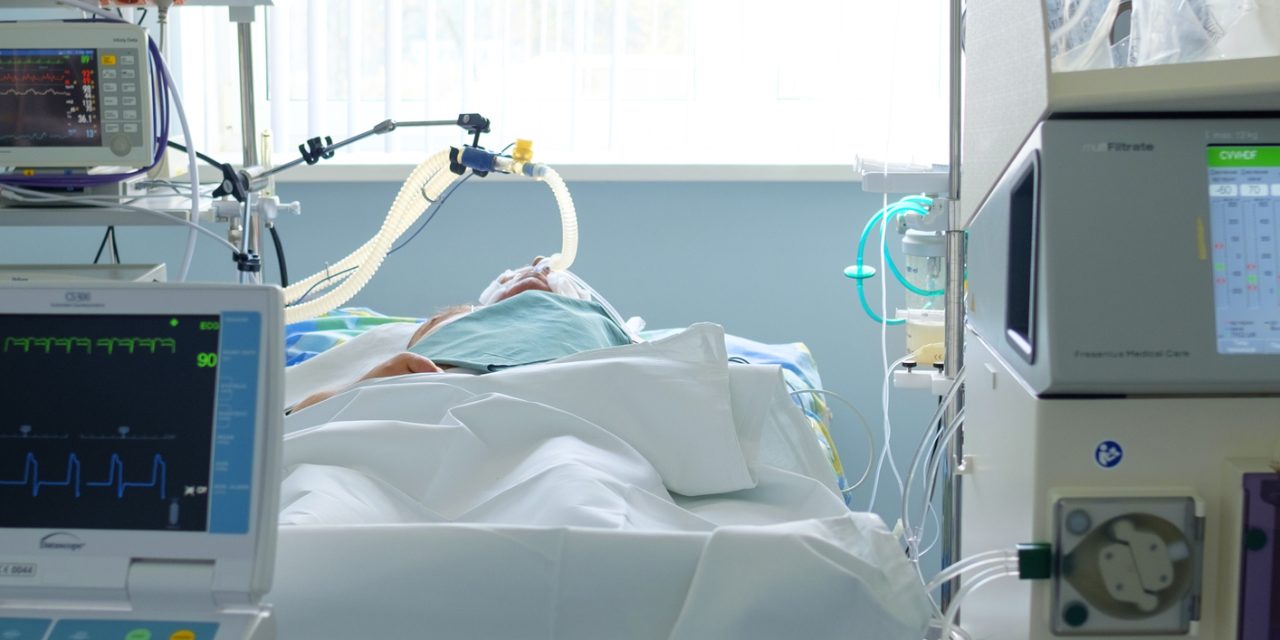The purpose of this study was to investigate the utilization of CranioSacral Therapy (CST) in patients with Post-Concussion Syndrome (PCS) and capture patient-reported perceptions of clinical outcomes of lived treatment experiences.
Two-part, longitudinal study conducted through a chart review of target group, followed by a Patient-reported Treatment Outcome Survey (PTOS).
A convenience sample of 212 patients with a historical incidence of head trauma not requiring hospitalization was obtained through medical records department dating back ten years. Inclusion criteria for further chart review (n = 67) was determined by identifying patients with a confirmed concussion directly correlated with presenting symptoms and for which CST was specifically sought as a treatment option. Demographics and patient-determined treatment duration data were analyzed by comparison groups extensively suggested in existing literature: Recovery time since injury as either Post-acute concussion (<6 months) or Post-Concussion Syndrome (PCS) (≥6 months); Athletes (A) or Non-athletes (NA); and traditional gender. Final PTOS group criteria was determined by eliminating confounding issues reporting (n = 47): (A, n = 24 and NA, n = 23).
Quantitative data was analyzed via Numerical Analysis, and qualitative data was analyzed via Inductive Content Analysis. Symptoms reported in all charts as well as in the PTOS were consistent with identified PCS subtypes. Utilization of CST revealed that most patients determined the treatment effect upon concussion symptoms within 1-3 sessions. Nearly twice as many sessions were attended in the PCS than post-acute groups. Referral sources, studied for a perspective on local concussion after-care discharge planning, ranged from professional to personal recommendation or self-discovery. A majority of patients met goals of reducing post-acute or PCS as reasons cited by self-determined change-in-status or discharge from service. Patients were asked to indicate on the PTOS which pre- and post-treatment symptoms were helped or not helped by this particular intervention.
Patient-reported changes of PCS symptoms is critical when evaluating treatment options. CST is an experiential treatment that addresses subjective levels of dysfunction, thus it is the patient deciding the value of an intervention. A sizable portion of patients in all groups reported a positive effect upon their symptoms by CST. Patients indicated personal meaning to CST through their utilization of multiple sessions. A high percentage indicated the likelihood of referring others with PCS for CST. Of the 212 patient charts first studied, the 145 not meeting inclusion criteria suggest some chronic conditions may present as long-term effects of older head injuries. CST is a low-risk, conservative treatment option for PCS sub-types worthy of further clinical study.
Copyright © 2021 Elsevier Ltd. All rights reserved.
Effects of CranioSacral therapy upon symptoms of post-acute concussion and Post-Concussion Syndrome: A pilot study.


